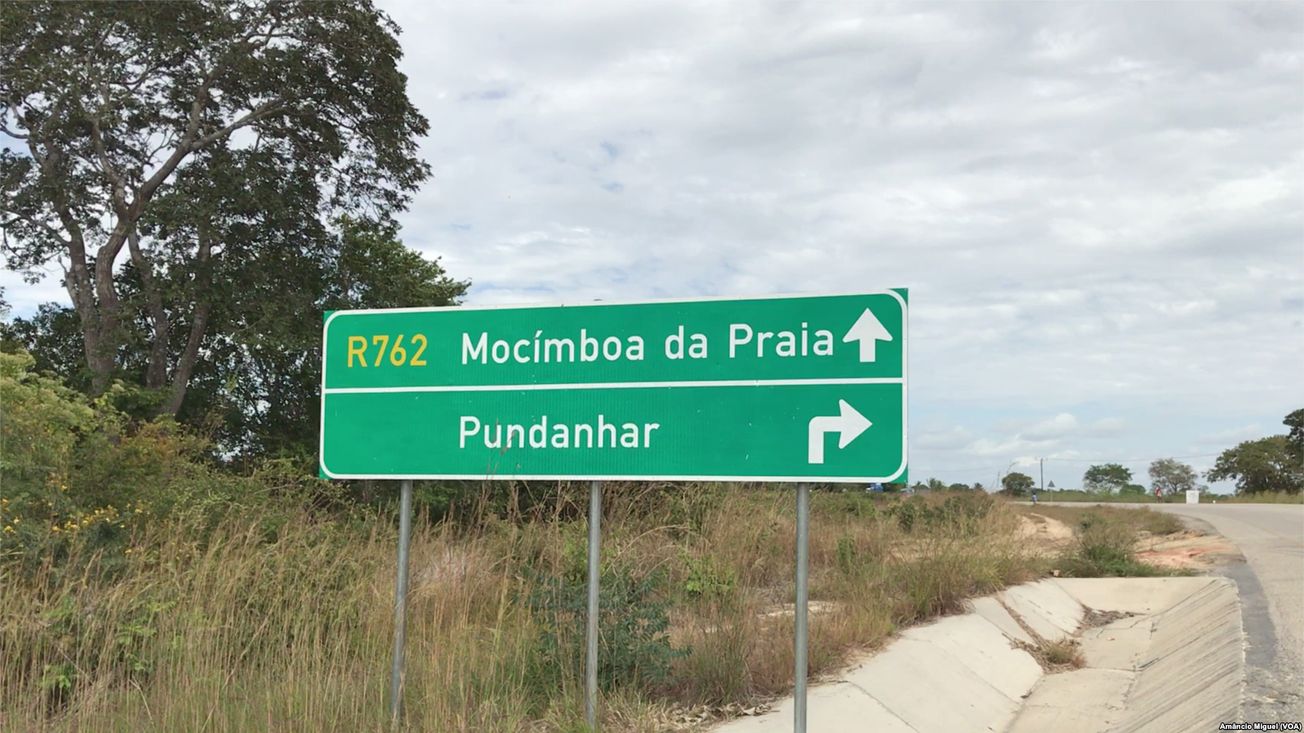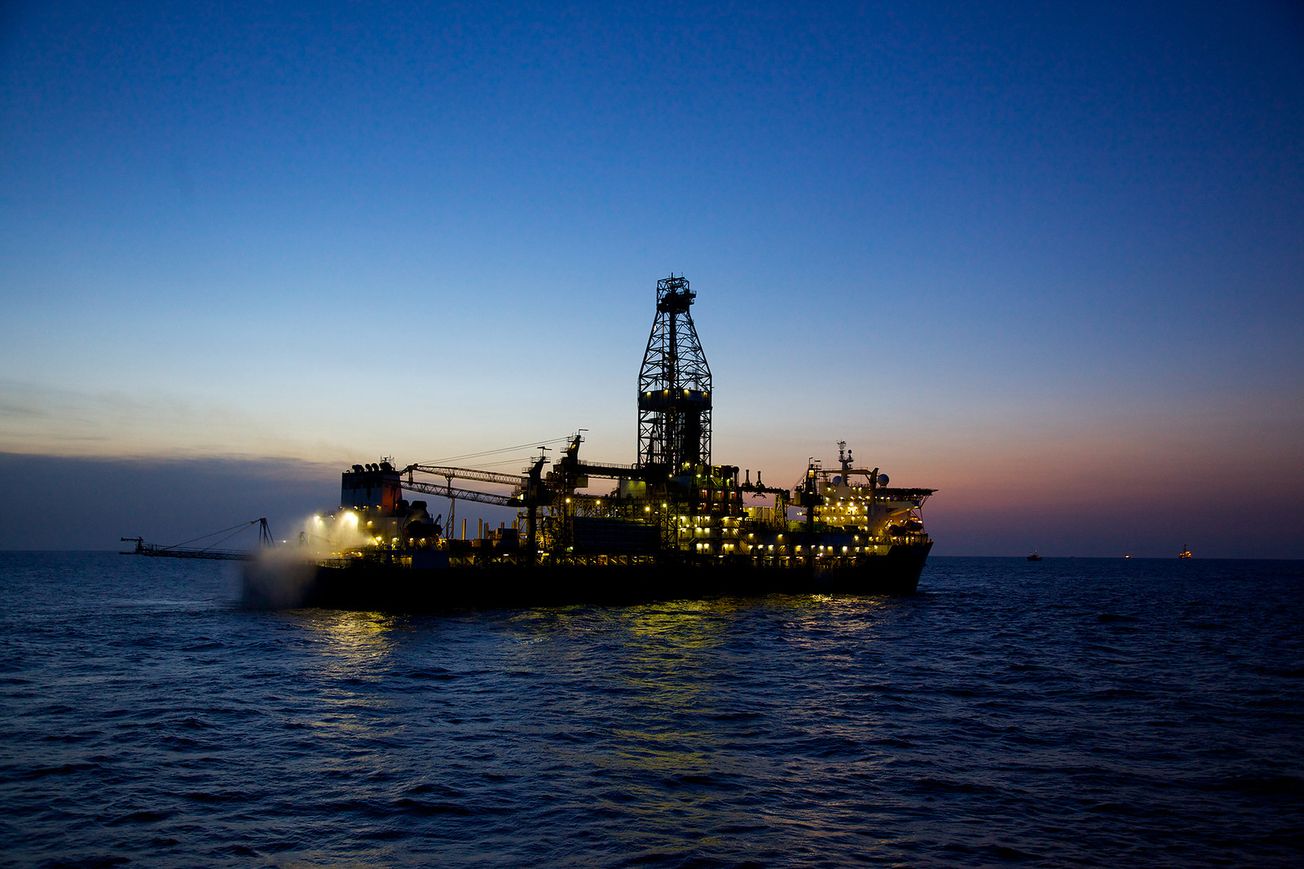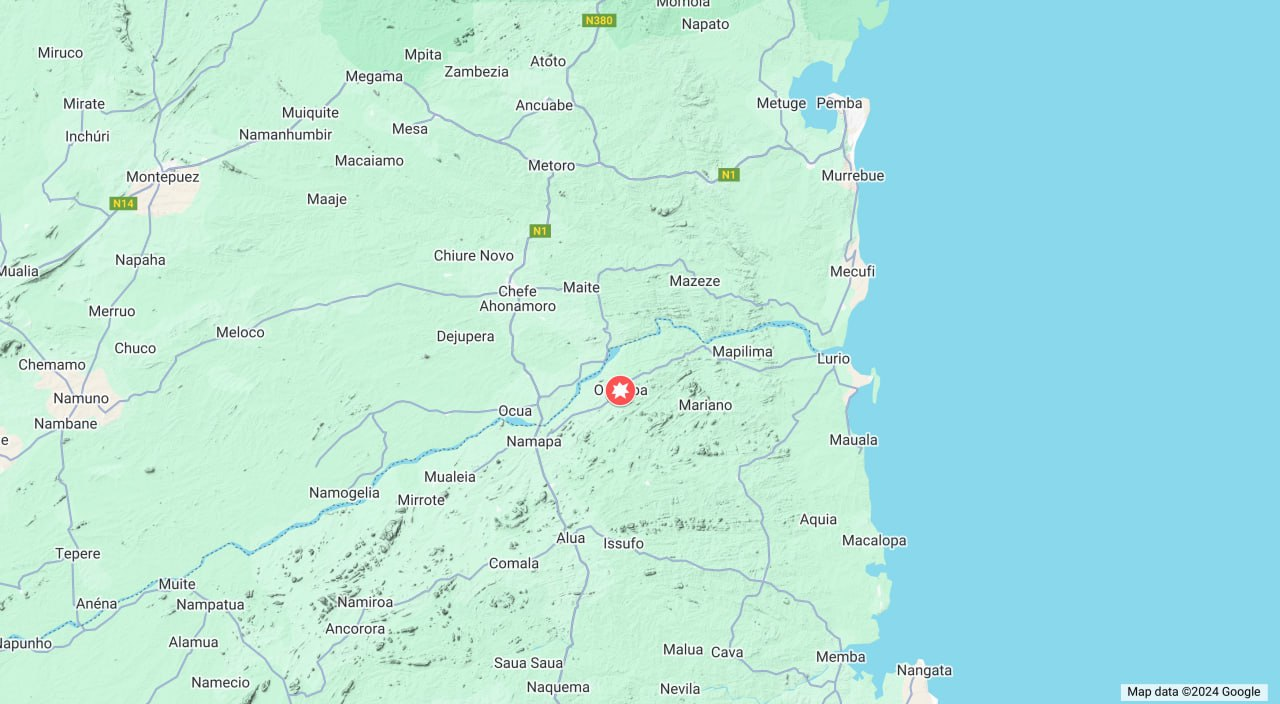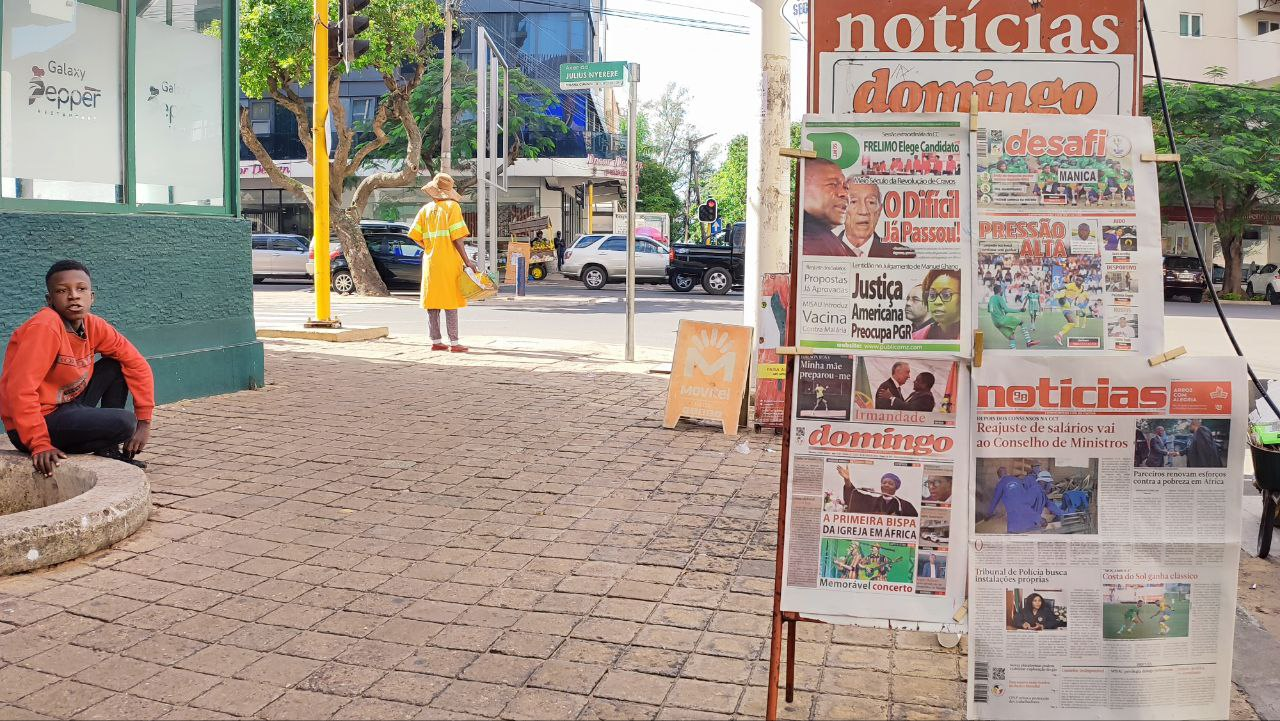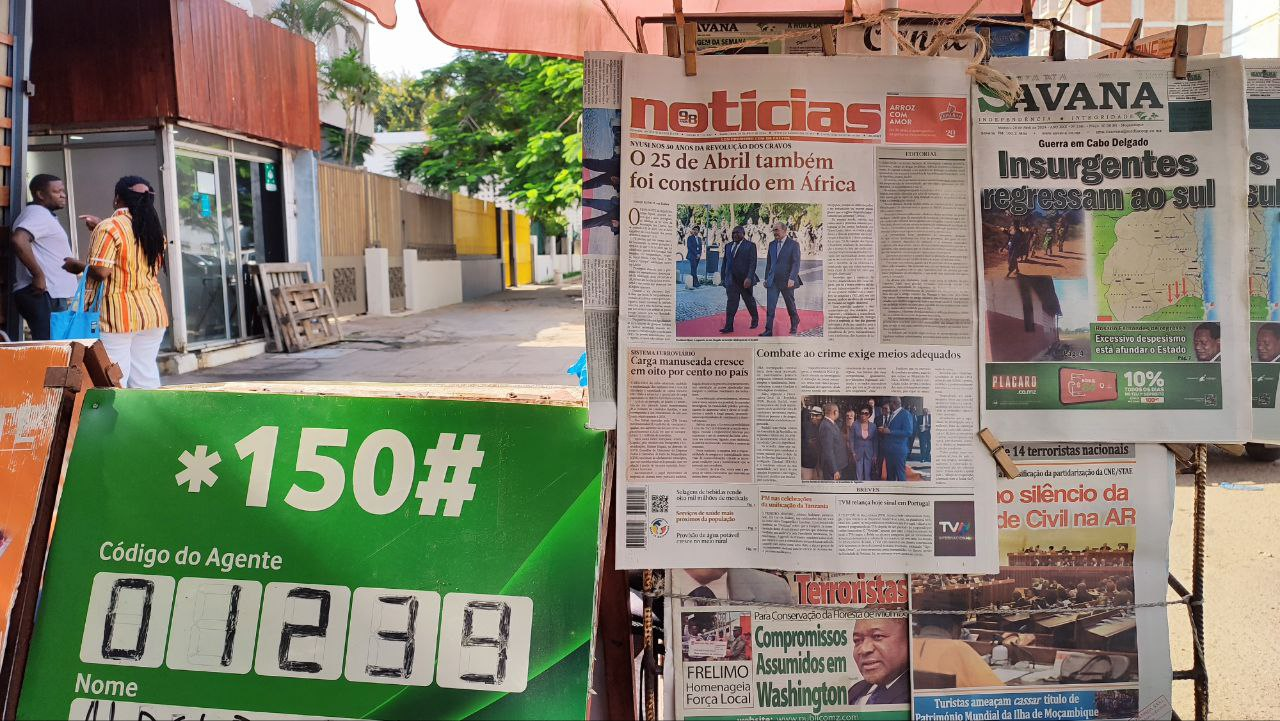Since the first multi-party elections in 1994, the electoral process in Mozambique has been characterized by conflict both before and after the vote. These conflicts, mostly pitting historic foes Frelimo and Renamo against each other, often lead to political, social, and security upheaval. When electoral conflict is intertwined with ethnic and religious issues, the situation has the potential to create scenarios of greater instability.
This article was first published on 17 October 2023 as part of the Cabo Ligado Monthly: September 2023

The local election in the town of Mocímboa da Praia, one of seven municipalities in Cabo Delgado, on 11 October posed a high risk of instability, with the potential to exacerbate insecurity, raising the level of tension and heightening political, ethnic, and religious divisions. But the successful staging of the election could, conversely, also be an opportunity to consolidate the stabilization of the area.
Campaigning for the municipal elections in Mozambique's 65 municipalities, including Mocímboa da Praia, began on 26 September. According to the National Electoral Commission (CNE), some 30,438 voters registered to vote in Mocímboa. The election campaign kicked off in an atmosphere of heightened tensions and insecurity, with violence occurring in some villages in the south of the district, particularly in the administrative post of Mbau, where ACLED recorded four incidents of political violence involving various security forces in September. A wave of displacement towards the town of Mocímboa da Praia followed the killing of civilians in the village of Naquitengue and the insurgent incursions into Marere and Limala. Two weeks later, General Commander of Police Bernardino Rafael assured people that security would be strengthened for the elections.
The climate of insecurity did not prevent political parties from campaigning, however. Four parties contested the elections: Frelimo, which is fighting to retain control of the city; opposition parties Renamo and MDM; and a local citizens' group, Amigos e Simpatizantes da Mocímboa da Praia-UMODJA.
The opposing parties built their election campaigns around different themes. While Frelimo focused on restoring the local economic base, the opposition parties sought to exploit the cracks in the conflict. UMODJA, led by Paulo Weng, focused its campaign on the conflict, criticizing the local government for failing to support the population even after the first attack, which destroyed many families and forced many to leave. Weng's criticisms are a reminder of how Mocímboa da Praia is still reeling from the destruction of militant attacks and occupation and the slow process of reconstruction. Renamo, as in the 2019 presidential elections, linked Frelimo to the rebel group, blaming Frelimo for having brought “Al Shabab”. Renamo’s supporters argued that the armed attacks in Cabo Delgado had been caused by a combination of government brutality, inaction, and corruption. They also blamed the government for creating the insurgency to maintain their hold on power and prevent the population from sharing in the province's resources.
Renamo's discourse is based on the historical antagonistic relations within the population of Mocímboa da Praia, formed along ethnic and religious lines. The ethnic Mwani population has felt excluded from politics and economic opportunities, which explains their tendency to vote for Renamo. The Makondes, on the other hand, are an important source of support for Frelimo, and justify their access to power — including current president Filipe Nyusi, who is a Makonde — on the basis of their involvement in the anti-colonial war. The conflict between the two sides reached a nadir with a disputed by-election for the office of council president in 2005. The result, which gave victory to the Frelimo candidate, was widely rejected by Renamo supporters, leading to days of rioting.
This year, there have been no reports of electoral violence in Mocímboa da Praia. This could be an indicator that despite political, ideological, and ethnic differences, the population agrees on the need for stabilization in the area. And despite the amount of time it has taken for the town to be rebuilt, Frelimo was able to go into the election with positive stories to tell: the port and aerodrome of Mocímboa da Praia were both reopened by President Nyusi days before the poll, and there are strong indications that the liquefied natural gas (LNG) project will indeed restart. The absence of violence also reflects the strong security presence in the town and, in particular, the presence of the RSF, who are trusted locally.
At the time of writing, the provincial election commission had declared a Frelimo victory in the town. Unlike elsewhere in the country, the result is unlikely to face a serious challenge. Continued Frelimo governance in the municipality will avoid conflict with the district administration appointed by the central government, but may contribute to a continued sense of exclusion among the Mwani.

